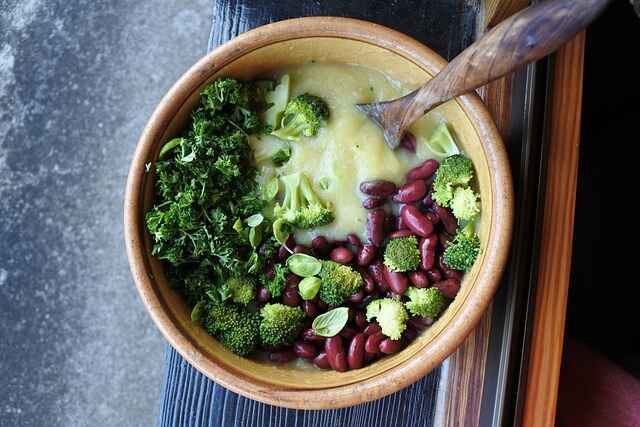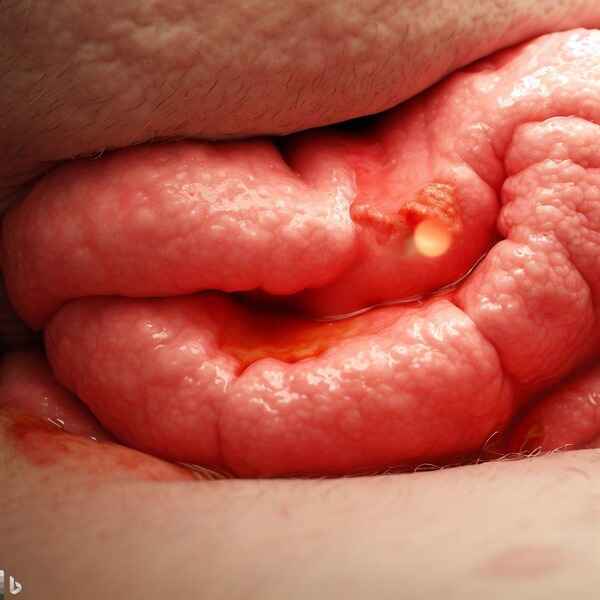What is H- Pylori?
H. pylori or Helicobacter pylori, is a type of bacteria that is commonly present in the stomach. It affects almost one-half of the world’s population. The majority of people with H. pylori infection don’t have any symptoms and never have problems of any kind. But H. pylori can lead to a range of digestive issues, such as ulcers and, far less frequently, stomach cancer.
It is the leading cause of peptic ulcer disease. H. pylori can also cause stomach lining inflammation and irritation (gastritis). Long-term H. pylori infection, if left untreated, can result in stomach cancer (occasionally).
Also, Read Complete Guide on Dementia: Causes, Symptoms, and Care Tips
Causes
When H. pylori bacteria infect your stomach, H. pylori infection occurs. The most common way for H. pylori germs to spread from one person to another is by direct contact with saliva, vomit, or stool. It’s also possible for contaminated food or water to spread H. pylori. It is still unclear how the H. pylori bacterium in certain persons develops gastritis or a peptic ulcer.
Symptoms
The majority of children with H. pylori infection exhibit no symptoms. Only around 20% of people do.
If present, the following symptoms and indicators are caused by gastritis or a peptic ulcer:
- The dull or searing ache in your stomach (usually after eating and at night). Your pain could last minutes to hours and come and go over days to weeks.
- Weight reduction was unintentional.
- Bloating.
- Vomiting and nausea (bloody vomit).
- Dyspepsia (indigestion).
- Burping.
- Appetite loss.
- Dark stools (as a result of blood in your stool).

Risk factors
Risk factors for H. pylori infection are related to childhood living situations, such as:
- Living in a crowded environment.
- Living without a consistent source of safe drinking water.
- Being a resident of a developing country.
- Living with someone infected with H. pylori.
Diagnosis
Your doctor probably won’t do a test if you don’t exhibit ulcer-related symptoms. But it’s best to get checked if you now have them or have in the past. Since medications like nonsteroidal anti-inflammatory drugs (NSAIDs) can also harm your stomach lining, it’s essential to identify the root of your symptoms to receive the proper care.
Your doctor will first inquire about your health history, current symptoms, and any medications you are taking. The next step is a physical examination, which includes pressing on your stomach to feel for any swelling, discomfort, or pain. You might also have:
- Blood and stool tests
- Breadth test for urea
- Upper gastrointestinal endoscopy
- Upper GI tests
- MRI or CT scan
- Biopsy
Treatment
For up to 14 days, a combination of antibiotics and a proton-pump inhibitor (a medicine that decreases stomach acid) is commonly used to treat infection. This technique is also known as triple therapy.
The following medicines are some of those used to treat an H. pylori infection:
- clarithromycin
- Lansoprazole (Prevacid), esomeprazole (Nexium), pantoprazole (Protonix), or rabeprazole (AcipHex) are proton-pump inhibitors.
- metronidazole
- amoxicillin
Depending on your medical history and whether you are allergic to certain medications, the course of treatment may change.
You might require follow-up test after treatment. Most of the time, clearing the infection just requires one course of medicines. You might need to take additional drugs if that doesn’t work.
Also, Read Know About DMIT: Science, Facts, Research, Uses, Applications
Diet
What you should eat
- Probiotics
- Omega-3 and omega-6
- Fruits and vegetables
- Broccoli, cauliflower, and cabbage
- White meat and fish

What you should not eat
- Coffee, chocolate, and black tea
- Soft drinks and fizzy drinks
- Alcoholic beverages
- Sour fruits
- Pepper and spicy foods
- Fatty meats, fried foods, and yellow cheeses
- Processed meats and canned foods
Prevention
- When preparing food, use clean water and drink clean water.
- Wash your hands thoroughly (20 seconds) with soap and water before and after using the loo and before consuming anything.
- Wash your hands after using the loo and before preparing or eating food.
- Avoid consuming unclean food or drink.
- Never consume anything that hasn’t been fully cooked.
- Avoid eating from those who haven’t cleansed their hands.





